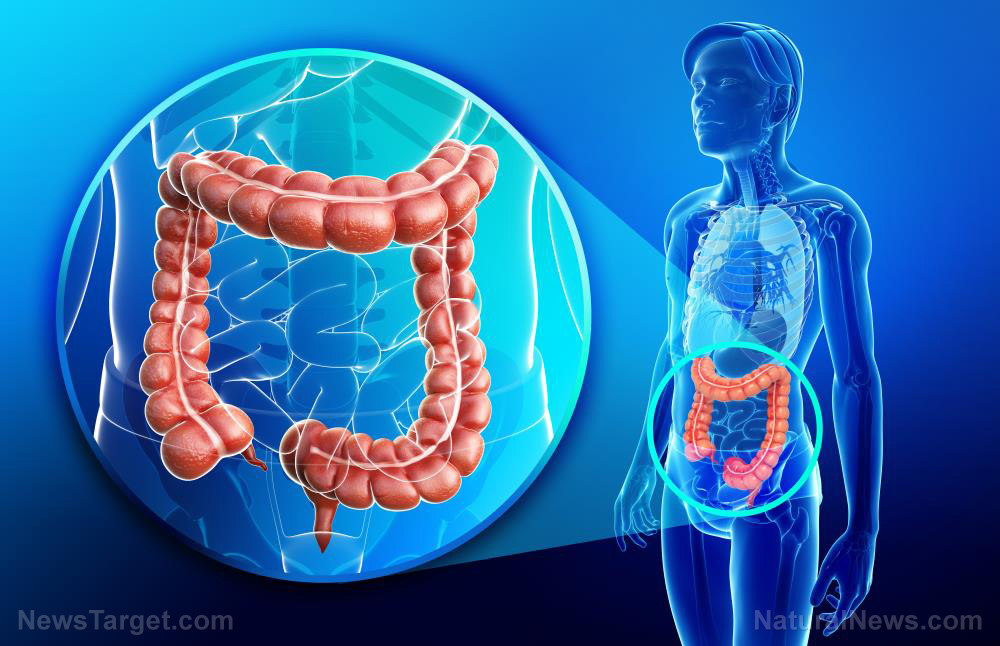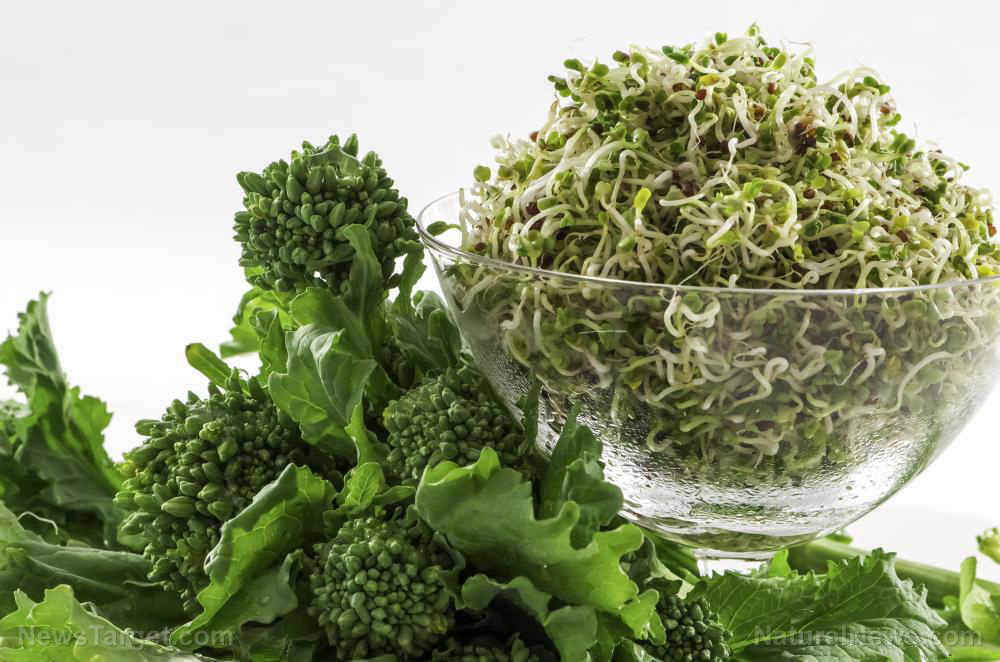Over 900 products contain E171, a harmful food additive that can cause IBS and even cancer
12/06/2019 / By Ralph Flores

A recent study revealed the hidden dangers of titanium dioxide (TiO2), an additive found in foods and medicines. Researchers from The University of Syndey (USYD) and other universities in Australia investigated whether TiO2 — an agent used in over 900 food products — can negatively impact human health.
“If there was a reason for using the titanium dioxide in food, I would say ‘OK, let’s consider it,’ but what is the reason? It’s purely [aesthetic],” explained Wojciech Chrzanowski, a professor at USYD and co-author of the study, which appeared in the journal Frontiers in Nutrition.
Chrzanowski and his team carried out an animal study on the effects of TiO2 to look at how the additive affects the composition and function of the gut microbiota and epithelium (tissue that lines the outer surfaces of organs and blood vessels), as well as how it impacts biomarkers for mucosal inflammation. (Related: A dangerous compound is lurking in chewing gum.)
A common and dangerous ingredient
Titanium dioxide is a naturally occurring oxide of titanium, often found in ores, sand, indigenous dust and soil. It is often added to industrial products like textiles and ceramics, and commercial products like paints and cosmetics. When used, titanium oxide gives off a bright, white pigment — making it an ideal brightening and whitening agent for foods like milk, ice cream, sweets and pastries. It’s also used to protect drugs from premature degradation, given its opacity to visible and ultraviolet light. In food, titanium dioxide is labeled as E171.
In the U.S., TiO2 is approved for use as a food color additive by the Food and Drug Administration, provided it does not exceed one percent by weight of the food. In other areas of the world, however, E171 is considered a potential health threat. The French Food Safety Agency (ANSES) is looking to ban the use of E171 for lack of evidence supporting its safety. The proposed ban came after the INRA, the country’s leading agricultural institute, launched an inquiry on the health risks associated with the additive, following reports saying that E171 caused precancerous lesions in rats after exposure. Scientists reported that the additive sped up the development of the lesions, increasing the risk of these developing into more dangerous cancers. Some food producers and distributors have also stopped using E171 as a food additive. To note, the International Agency for Research on Cancer (IARC) classifies TiO2 as a possible human carcinogen.
In the present study, the team gave groups of mice either a regular diet or one that contained water with TiO2 for two weeks. Two in the experiment group were given two and 10 milligrams of TiO2 per kilogram of body weight — similar to the amounts ingested by humans — while one group was given 50 mg to demonstrate the effects of exposure to high amounts of TiO2. The researchers found that TiO2 created a biofilm to protect itself after entering the large intestine. This negatively impacted the gut microbiota, which researchers said could trigger inflammatory bowel diseases and even colorectal cancer.
The findings of the current study provide evidence of nanoparticle toxicity and the dangerous effects of TiO2 on human health. Despite their prevalence in food, clothing, drugs and other applications, not much is known about the safety of nanoparticles like TiO2 and E171. While the researchers did not directly link TiO2 to an increased risk of developing diseases, they noted that long-term exposure could lead to negative health outcomes.
“In a short period of time, it was already affecting the immune system,” said co-author Laurence Macia, a researcher at USYD’s Sydney Nano Institute. “Titanium dioxide doesn’t make you sick, but I believe it does prime your system for disease.”
“If it’s safe, we should have proof of that.”
Natural News has more stories on dangerous additives lurking in your food, but Ingredients.news is your place to go for natural alternatives to these unhealthy chemicals.
Sources include:
Tagged Under: cancer, dangerous food, E171, food additives, food safety, gut health, ingredients, research, Titanium Dioxide, toxic chemicals, toxic ingredients
RECENT NEWS & ARTICLES
COPYRIGHT © 2017 PREVENT CANCER NEWS



















